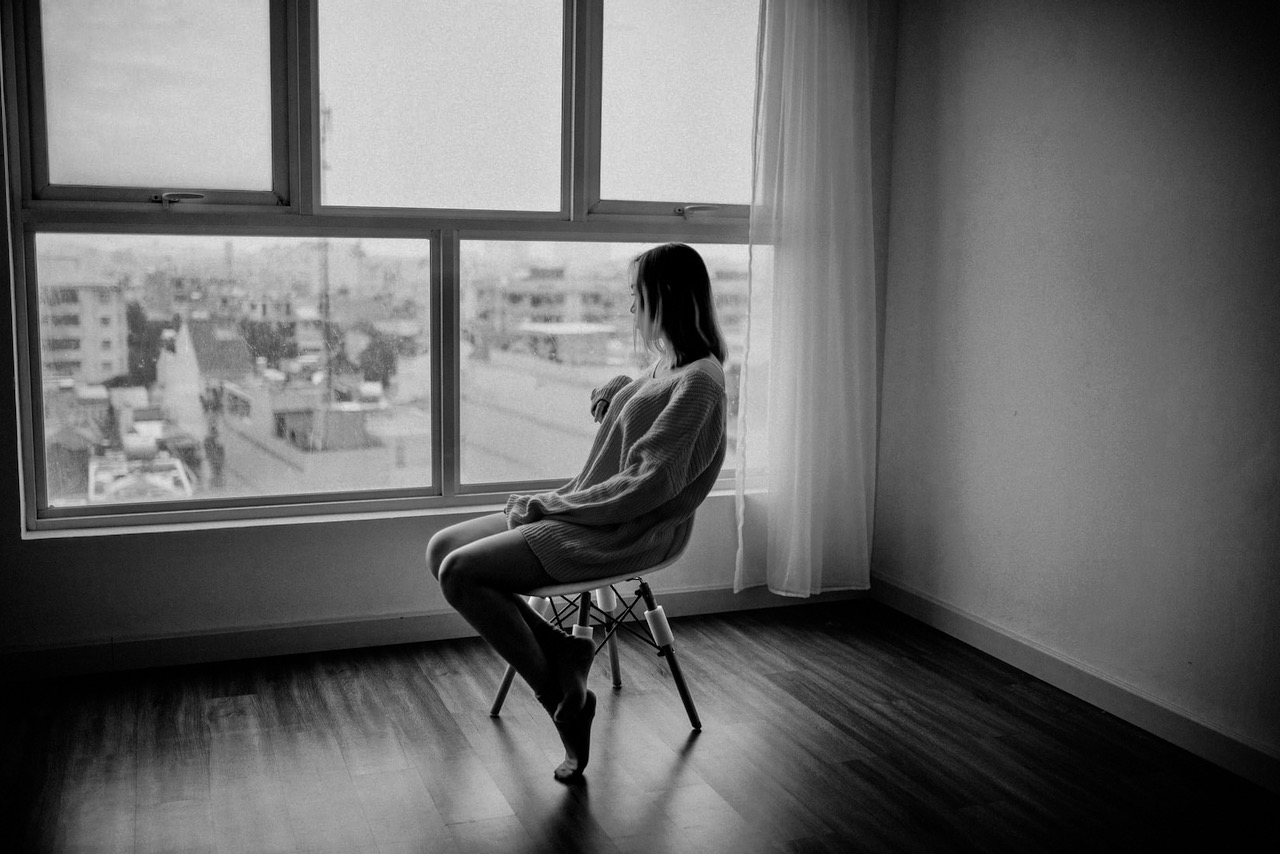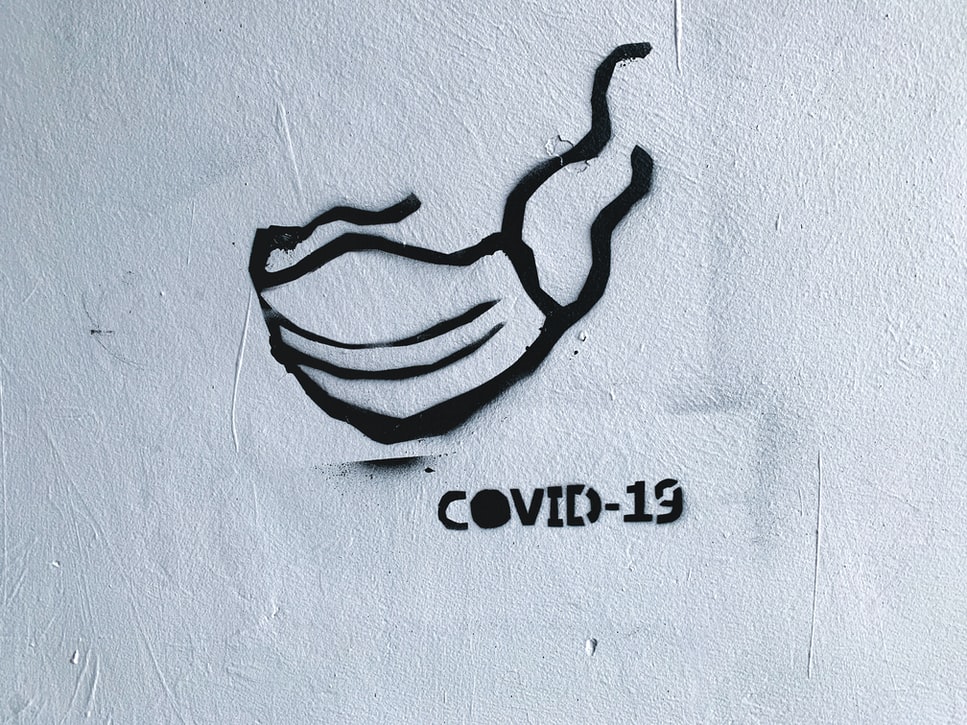The Spectators
By D.A. Gray
We’d grown thin during the pandemic.
I don’t know when it began. Years ago, I think. When we began to look at neighbors with contempt, to walk head down into the house from the car, looking neither left nor right. Something broken in us and we would enter the house and lock all three locks behind us, and turn on Box—the friend who understood us.
We would post jokes about lost drivers on Robertson Road, the coworker who couldn’t seem to do anything right, Texans and their beer hands that kept them from reaching the turn signal, or the lady in her bunny slippers at the H-E-B.
It was funny then, right? We meant no harm.
Faces from our angle seemed forever stuck in a moment of worry, or maybe lostness.
When the pandemic hit we noticed more in the mirror—or less—the way we almost disappeared from the side was cause for slight alarm. We vowed to eat better, to exercise. Then we sat down with Box, who loved us as we were and flashed pictures of pets, of stories curated for us.
Anyway, there’s still this pandemic. But it’s been so long since you’ve taken in a game.
In the stands, we notice faces frozen, you might say with “pasted on smiles.” Or frowns. Or maybe screams. Who knows. Everyone is silent here.
We’ve forgotten how to enjoy a simple game.
But the game itself is good, right? Slow moving, sure. But we watch the strategy unfold. There are outfield shifts, signals from the sides, pitcher and catcher in their esoteric talk. We never noticed when we used to talk.
Now the action has us glued to our seats.
And the sky has become an orange haze.
Players run through the motions. The stop and start drama, the overthinking, the occasional sprint after a collision of hickory on cowhide. Someone yells “Yes” as the ball drops onto the green grass.
Here the orange sky gets brighter.
Back home, Box tuned to something more pleasant. I hope it’s just conspiracy talk.
My skin is feeling thin, papery, which has me a little unsettled. My chances of surviving a combustible world were not good before this development.
What was that? Another crack of the bat. Maybe. No one’s moving. Perhaps the crack of timber from a nearby hill.
We keep watching. No one’s speaking to each other anymore and the faces seem to carry a look of perpetual anxiety. I think of the time we could have spent talking but never did. We assumed those around us were nothing but cardboard cutouts of something we feared. Now I fear we’ve become that, while watching other things.
And outside this place an orange menace lumbers—I can’t ignore it anymore—slow and clumsy, but steady. Its fingers—it seems to be feeding—grabbing at everything, as if our silence were consent.
D.A. Gray is the author of Contested Terrain (2017). His poems have appeared in The Sewanee Review, Grey Sparrow Journal, Writers Resist, Comstock Review, Still: The Journal and Wrath-Bearing Tree among others. He holds Master’s degrees from The Sewanee School of Letters and Texas A&M-Central Texas. Gray now teaches, writes, and lives in Central Texas.
Photo credit: Eric Drost via a Creative Commons license.







